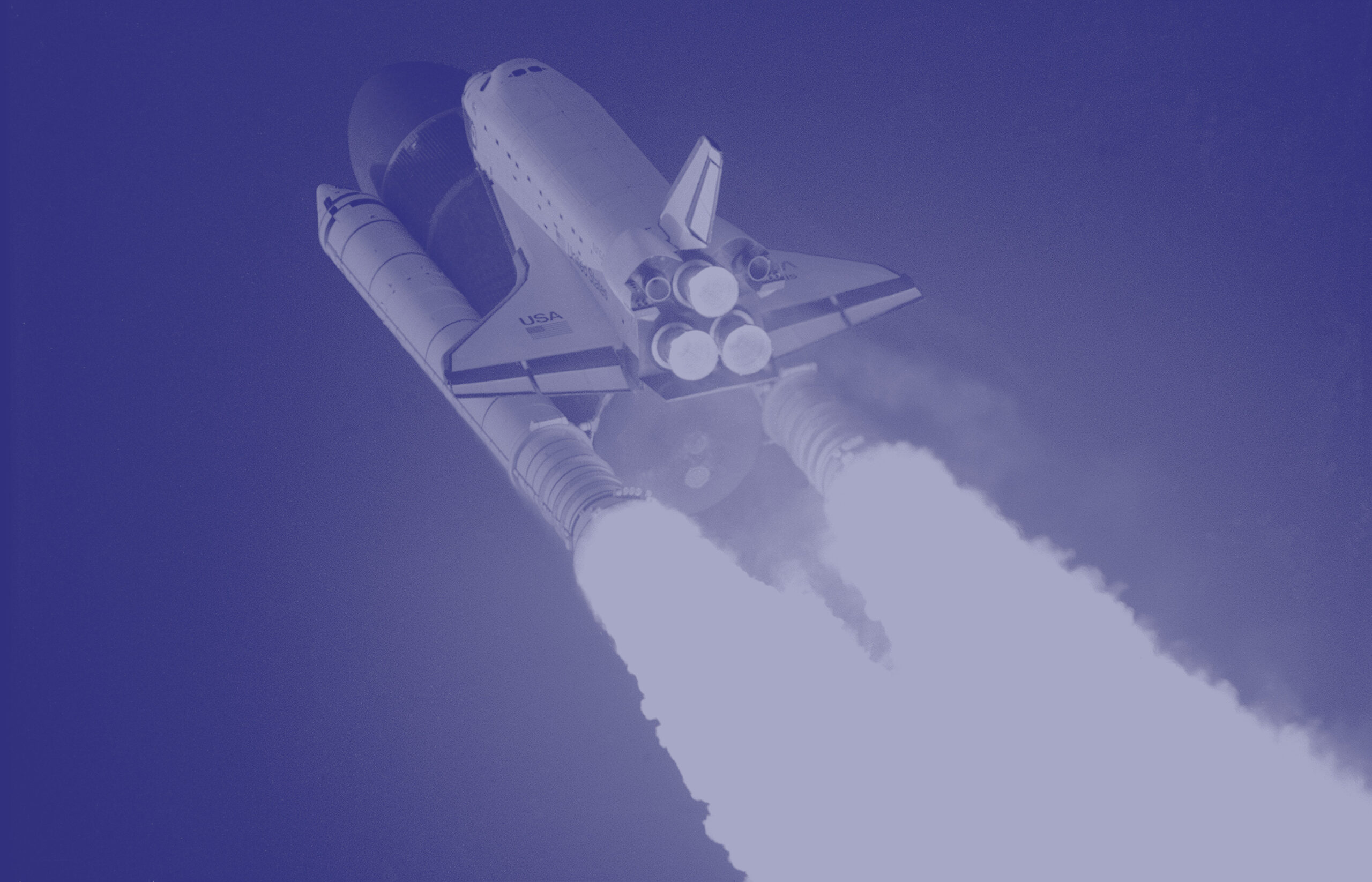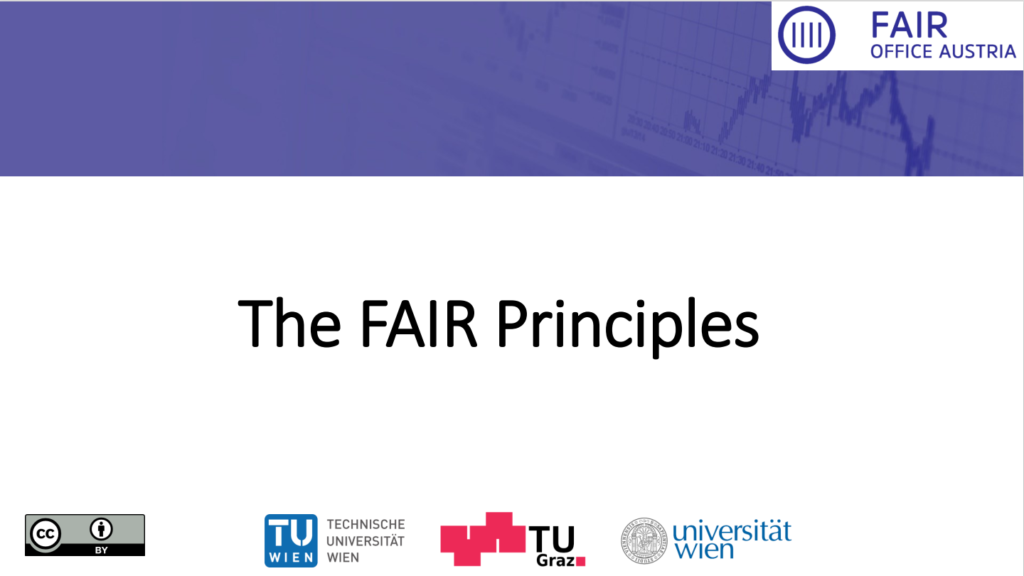GO FAIR Austria office
GO FAIR Austria office was implemented within the period of FAIR Data Austria, a project funded by the Austrian Federal Ministry of Education, Science and Research (BMBWF) under the “Digital and Social Transformation” call for proposals. In June 2021, the project initiative “FAIR Office Austria” was recognized as one of the official national GO FAIR offices.
Our Mission

The FAIR Principles
According to the FAIR Principles, research objects should be findable, accessible, interoperable and re-usable. These principles form the basis of a trusted environment where researchers, innovators, companies, and citizens can publish, find, and re-use each other’s data and tools for research, innovation, and educational purposes. The FAIR principles refer to any digital object evolving from the research process, that is, quantitative as well as qualitative data, metadata or algorithms, tools, software and services.
Data that meet the FAIR principles can – but need not – be Open Data and thus available to everyone. The FAIR principles also allow a restriction of data access, which is useful or even necessary in certain cases. On the other hand, if Open Data is well documented and machine-readable, has an open license, uses independent formats and open standards, it will also conform to the FAIR concept. More details on these interrelationships can be found in the document Three camps, one destination: the intersections of research data management, FAIR and Open.

Presentation slides: DOI: 10.48436/6xth8-dtn26
License: CC BY Creative Commons Attribution
Our Tasks
- Launch initiatives to organize the Austrian community from the area of (research) data management on the topic of FAIR
- Connect researchers with research support and IT professionals
- Provide information on best practices in FAIR infrastructures and services
- Support automation and machine-to-machine communication
- Develop and implement data stewardship models at Austrian research institutions
- Monitor FAIR related activities, data initiatives, infrastructures and services in Austria
- Exchange ideas with national funding agencies and relevant ministries on FAIR aspects
- Collaborate with other Austrian initiatives, such as RDA Austria and EOSC Mandated Organization
- Coordinate with the global GO FAIR initiative and support individuals who are active in GO FAIR implementation networks or would like to participate
Team
Our GO FAIR Austria office members
TU Wien, represented by: Barbara Sánchez Solís (contact person)
Graz University of Technology, represented by: Ilire Hasani-Mavriqi , RDM TU Graz
University of Vienna, represented by: Susanne Blumesberger
GO FAIR
GO FAIR is a Globally operating initiative, which is generally Open to everyone. Under its umbrella, individuals, institutions and organisations come together to coordinate their efforts with regard to a FAIR handling of research objects and thus prevent silo formation and fragmentation of storage places and technical infrastructures. GO FAIR follows a bottom-up approach and allows the integration of all research areas.
Implementation Networks (IN)
The main drivers of GO FAIR are the so-called Implementation Networks (IN): working groups dedicated to defining and creating specific materials and tools as elements of an Internet of FAIR Data and Services (IFDS).
The Three Pillars
The three pillars GO CHANGE, GO TRAIN and GO BUILD represent the three fields of action in which the GO FAIR Implementation Networks are active.
- GO CHANGE works on cultural change with the two main goals to establish the FAIR principles as a functioning standard in science and to reform reward systems so that open scientific activities are taken into account and research data are recognised as an important outcome of the research process.
- GO TRAIN is concerned with teaching the necessary data management skills in education and training.
- GO BUILD addresses the need for interoperable and federated data infrastructures. Furthermore, it deals with the harmonization of standards, protocols and services, which enables all researchers to store, retrieve and analyse scientific data across disciplines.

